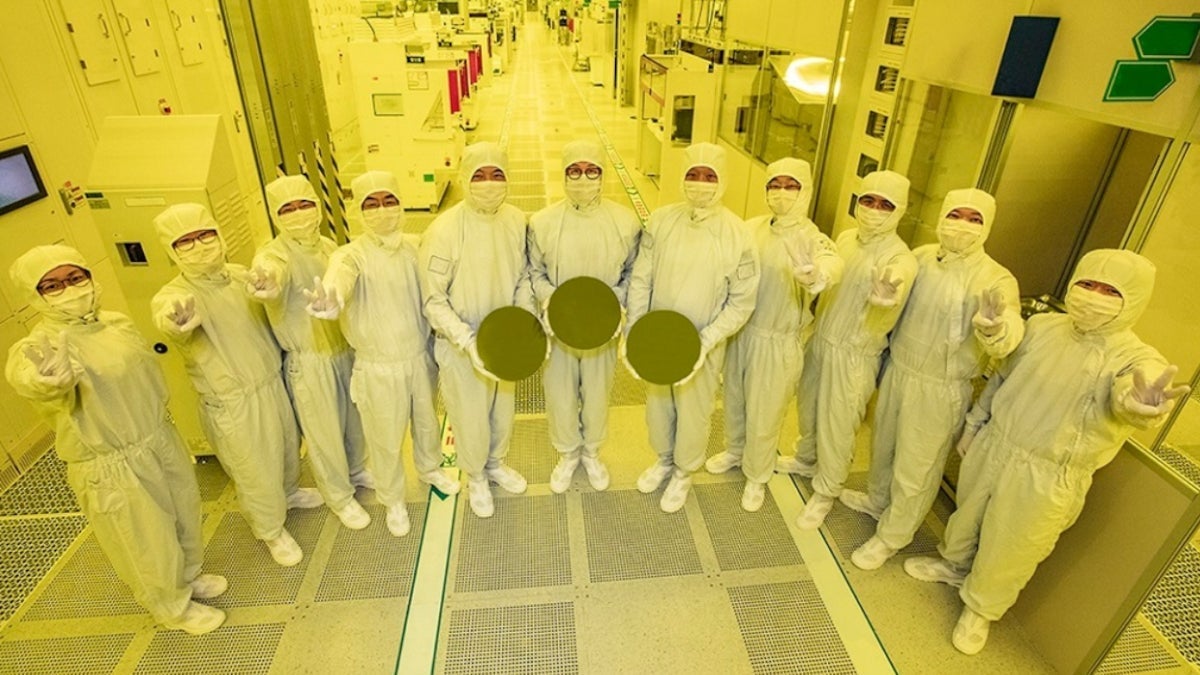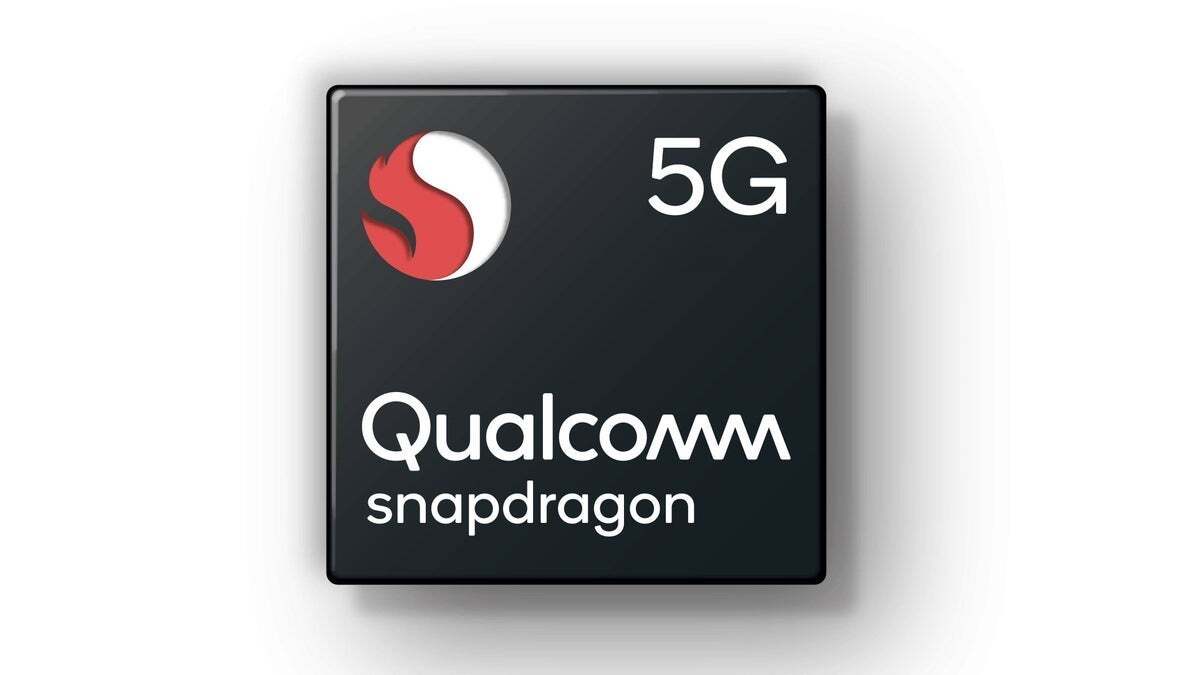Samsung Foundry's pathetic 3nm yield could lead to a major processor shakeup

The last time Samsung Foundry was struggling with the manufacturing of SoCs for smartphones was early in 2022 when yields for the 4nm Snapdragon 8 Gen 1 application processor (AP) were reported to be a low 35%. This percentage means that out of every 100 chips that can be produced from a silicon wafer, only 35 passed quality control (QC). Even though Samsung Foundry was building the chipset for Qualcomm, it was the latter firm that was paying for the defective chips.
With Samsung Foundry's poor yield figure, Qualcomm quickly entered into talks to switch to rival foundry TSMC. The Taiwan-based foundry was running its 4nm process node with a 70% yield which was twice what Samsung Foundry was able to achieve. So Qualcomm, not interested in throwing away more money, switched to TSMC to build what was called the Snapdragon 8+ Gen 1. And it has stayed with TSMC ever since. TSMC will manufacture the Snapdragon 8 Gen 4 AP.
Next year, both TSMC and Samsung are expected to start mass production at the new 2nm node that will use smaller transistors allowing more of them to fit insider a chip. TSMC will introduce its Gate-All-Around (GAA) transistors that allow the gate to come into contact with the channel on all four sides reducing current leaks and improving the drive current. Samsung Foundry already uses GAA with its 3nm production.

The Snapdragon 8 Gen 4 will be built by TSMC using its 3nm node. | Image credit-Qualcomm
But Samsung Foundry continues to have an issue with yield. A source told Business Korea just how poorly Samsung Foundry is doing with its 3nm production. "Samsung's GAA yield is around 10-20%, which is insufficient for both orders and mass production," said the source. Including its 3nm production, Samsung Foundry has a yield below 50% according to the source, while TSMC has a yield in the 60%-70% range.
The difference in yield has allowed TSMC to take 62.3% of the global foundry market compared to Samsung Foundry's 11.5%. And while Samsung has decided to stick with TSMC to build the Snapdragon 8 Gen 4 AP for the flagship Galaxy S25 series, it made this decision at a huge cost. Qualcomm is reportedly charging an arm and a leg for the chips which will be using Qualcomm's custom CPU cores. The Snapdragon 8 Gen 4 could cost 25%-30% more than the Snapdragon 8 Gen 3 which could result in the new flagship AP priced in a range between $237.50 and $260.
Samsung does not want to pay these prices again for the 2026 Galaxy S26 series and would like Qualcomm to return production of the Snapdragon 8 Gen 5 to Samsung Foundry. But for that to happen, Samsung Foundry will have to improve the yield on its 3nm and 2nm production. And don't forget, the largest smartphone chipset vendor in the world is MediaTek. Earlier this year there was a rumor that the company had offered special pricing to get Samsung to use MediaTek's Dimensity chips for its flagship line.
If Samsung Foundry can't improve its yields and TSMC gets the contract to build the Snapdragon 8 Gen 5, Samsung just might take MediaTek up on its offer.
Follow us on Google News










![A new Android bug is making it impossible to install new apps. Are you affected? [UPDATE]](https://m-cdn.phonearena.com/images/article/176703-wide-two_350/A-new-Android-bug-is-making-it-impossible-to-install-new-apps.-Are-you-affected-UPDATE.webp)


Things that are NOT allowed:
To help keep our community safe and free from spam, we apply temporary limits to newly created accounts: